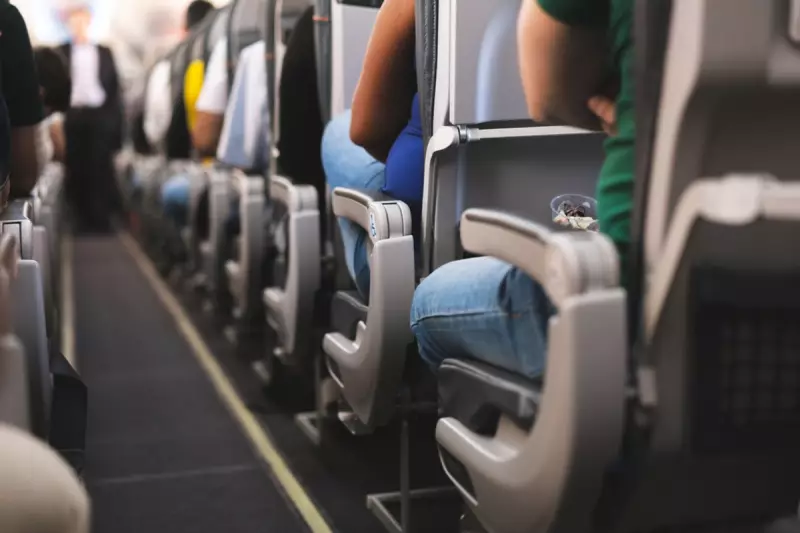
The US Federal Aviation Administration (FAA) has escalated its safety protocols, issuing a compelling new advisory to all airlines concerning the transportation of lithium-ion batteries. This directive highlights the increasing and severe fire hazard these common power sources present in both passenger luggage and cargo holds.
Why the Sudden Focus on Battery Safety?
The advisory is a direct response to a notable rise in battery-related incidents. The core danger lies in "thermal runaway" – a vicious cycle where one overheating cell can trigger its neighbours, leading to an intense, self-sustaining fire that is exceptionally difficult to extinguish with standard aircraft firefighting equipment.
What Are the New Recommendations?
While not yet mandatory federal law, the FAA's bulletin strongly urges carriers to adopt stricter measures. Key recommendations include:
- Enhanced Crew Training: Ensuring flight and cabin crews can quickly identify and respond to battery-related emergencies.
- Clear Passenger Communication: Better informing travellers about the risks of packing damaged or recalled batteries and spare batteries in checked luggage.
- Reviewing Cargo Procedures: Implementing more robust risk assessments for shipments containing large quantities of lithium-ion cells.
The Invisible Threat in the Cabin
This move underscores a modern dilemma: the devices we rely on daily, from smartphones to laptops, harbour a potential risk at 30,000 feet. The FAA's action serves as a critical reminder to the aviation industry and passengers alike that vigilance is paramount in managing this ubiquitous technology.





